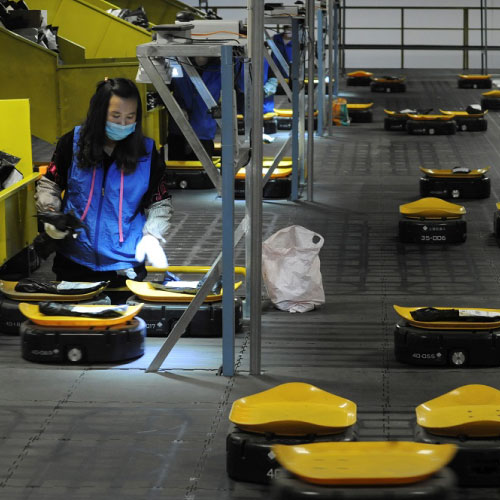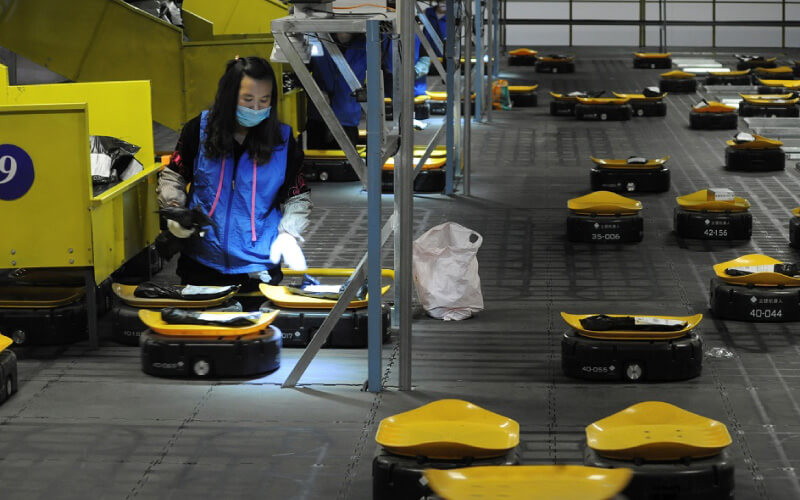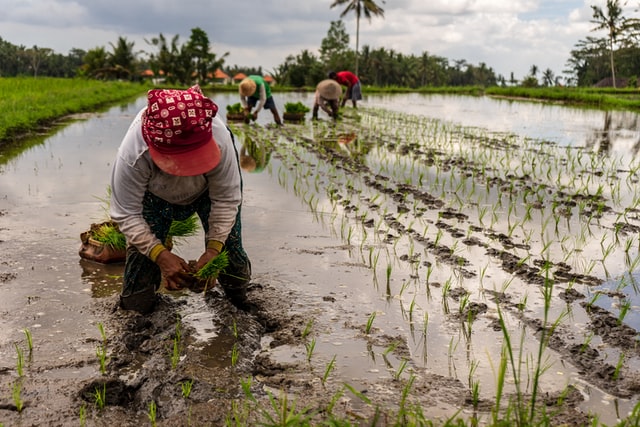Over the past couple of decades, the world has become enamoured with the transformative power of technology, and the belief that it can be the panacea for all human challenges.
The COVID-19 pandemic has upended this narrative, however. In spite of all the hype, digital technology could not prevent nor control the spread of the coronavirus. Instead, sound policy interventions, accessible healthcare, devoted professionals and good common sense are what have flattened curves. The technology that controlled the infection wasn’t a fancy contact tracing app, but instead the simple face mask.
The tech scene has been buzzing for a few years about the Fourth Industrial Revolution, a supposed technological transformation characterised by big data, artificial intelligence and automation.
But the last thing the world needs is another 'revolution' that ignores the external cost to society of our unchecked obsession with economic growth at all cost. Technology won’t solve the climate crisis, prevent the recurring wildfires in the US, heal social divides or resolve social inequality. Only a concerted effort to reset our economic systems and a willingness to make hard choices about priorities will do that.
The world needs a different 'IR' – something I call 'insured resilience'. The word 'insured' means to secure or protect someone against a possible contingency; in this case, the economic, social and climatic trends we face in the 21st century, particularly those arising from unsustainable resource overexploitation, the crisis of consumption-led capitalism, biodiversity losses, and climate change.
'Resilience', in contrast, denotes society’s ability to withstand and recover from these shocks when they occur. Together, insured resilience frames a society designed to both prevent and protect against crisis, and to recover quickly from damage.
Previous industrial revolutions may have led to greater productivity and increased living standards, but they also contributed to our current predicament. They allowed resources to be exploited at a faster rate, and enabled the mass consumption that contributes to pollution, wastage, loss of biodiversity and arable land, urban crowding and the other social injustices we see in the world today.
If the Fourth Industrial Revolution is similarly transformative – itself an unproven claim – would that be something the world truly needs now? The pandemic shows that we need to reset our priorities towards better serving the global majority with limited access to basic needs, and doing that by respecting limits.



























